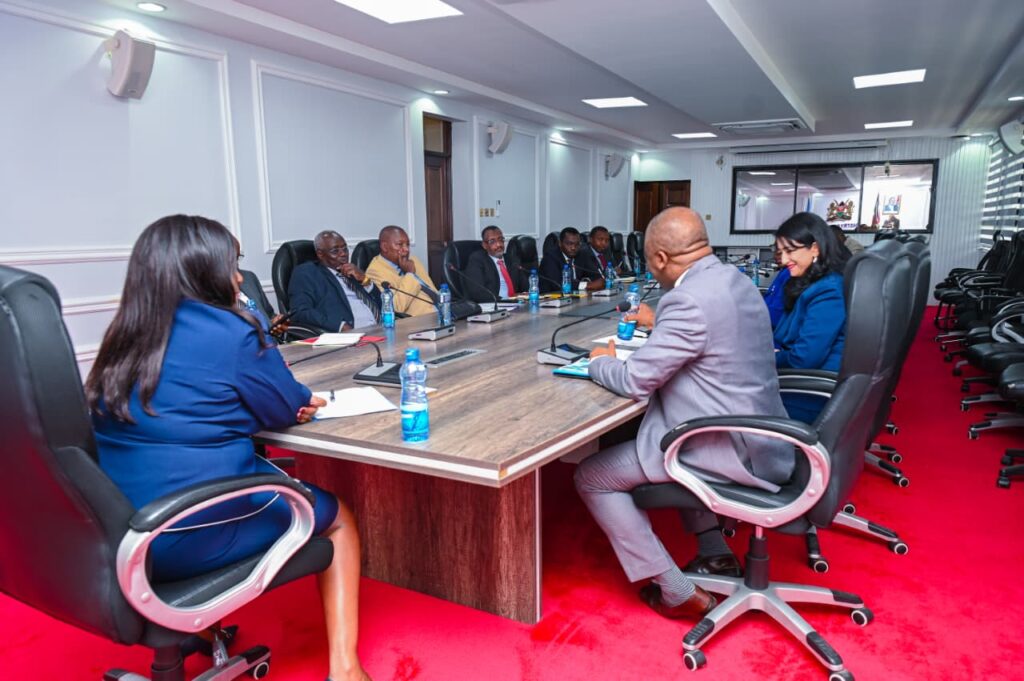Kenya is intensifying efforts to strengthen its national medicines regulatory framework in collaboration with the World Health Organization (WHO), as the country prepares for a crucial global assessment mission.
A high-level meeting between the Ministry of Health and WHO officials in Nairobi focused on Kenya’s progress in enhancing the capacity of the Pharmacy and Poisons Board (PPB), the body responsible for ensuring the safety and quality of medicines in the country. The upcoming WHO onsite evidence verification mission will evaluate measures undertaken by PPB in areas such as regulatory inspections, pharmacovigilance, adoption of digital systems, and inter-agency collaboration.
The assessment is a significant milestone in Kenya’s pursuit of Maturity Level 3, an international benchmark that recognizes a regulatory authority as stable, effective, and capable of ensuring that medicines on the market are consistently safe, effective, and of high quality. Achieving this status would position Kenya as a trusted player in pharmaceutical regulation, boosting public confidence and supporting the country’s broader universal health coverage goals.
The Ministry of Health highlighted a range of ongoing initiatives designed to prepare PPB for the evaluation. These include equipping the regulator with advanced technical resources, investing in staff capacity building, and strengthening collaboration with key agencies to ensure efficiency and accountability across the regulatory system. Such steps are expected to enhance PPB’s ability to oversee the medicine supply chain, detect risks early, and enforce compliance with international standards.
The government has also prioritized digital transformation of regulatory processes, enabling faster, more transparent approval systems and improving pharmacovigilance reporting. By leveraging technology, PPB aims to enhance traceability of medicines and minimize risks associated with counterfeit or substandard products.
The WHO delegation commended Kenya’s progress and emphasized the importance of sustained political commitment, technical investment, and inter-sectoral coordination in achieving global recognition. Attaining Maturity Level 3 will not only benefit local patients by guaranteeing access to safe medicines but also strengthen Kenya’s position as a hub for pharmaceutical trade within the East African region.
As the WHO mission approaches, Kenya remains determined to showcase the robustness of its regulatory reforms, underscoring the government’s commitment to safeguarding public health and aligning with international best practices

